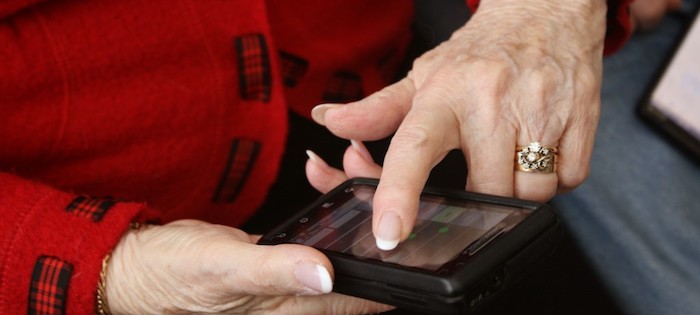
If You’re Caring For Someone You’ve Known For A Long Time, Do You Actually Need Training?
You are now (or soon will be) faced with the fact you have to be the major caregiver for your elderly parent. Or it may even be your spouse…
But why do you need to have some training in this field?
You know them really well and what their needs are don’t you?
You don’t need someone else to tell you what to do or how to care for your loved one.
Unless… there may actually be a reason to have training to take care of aging loved ones.
Take a look at these 5 reasons and think about how they affect your ability to care for your loved ones.
1. Your Emotions Get The Best Of You
Everything I said above is very true… and important.
A professional caregiver cannot tell you the preferences of your loved one. You have known them for so long and, yes, you do know their quirks and idiosyncrasies.
However, when it comes to providing care, all your emotions will come to the fore and you could inadvertently cause them some harm.
Not through lack of love but from lack of knowledge.
2. You Are Not Neutral Towards That Person
You see, you will be challenged by the need to give good care with the desire to give the person what he or she wants.
So here lies the problem!
Your emotional attachment to the person may actually prevent you from meeting the best needs of your loved one.
Why?
3. You Want To Avoid Causing Pain To Your Loved One
Your need to provide comfort and avoid causing pain may, in the long run actually cause them more pain.
Let me explain…
Say for example, your loved one cries when you move them. They may even say, “Stop, don’t do that! This is hurting me.”
But leaving them in one position may actually cause a pressure injury… which will cause more pain to heal than if you turned them from side to side.
It’s important to be able to hear when a loved one is in pain…
But also be able to work with them through the small pain to avoid major problems later.
4. You Find It Hard To Go Against Their Wishes
Another thing that you may encounter is that a person may not want to eat.
Not wanting to force them to eat, you bend to their wishes.
But how are you going to provide them with nourishment that may help them to heal?
If you don’t know what is around that will give them the nourishment they need without expecting them to eat the food you have lovingly prepared for them…
Then they will become undernourished or even malnourished, which is worse.
5. Behavioral Changes Are Hard To Cope With
You may also have to cope with changes in behavior of the person you love.
They could change from the person you know to some other person you have never seen before.
These behaviors will challenge you beyond belief.
The normal compliant and loving person, may become an aggressive animal that will challenge your emotions.
It could even lead you to placing a person in care, long before they need to…
Simply because you did not know how to handle the problems and changes in behavior that person may be experiencing.
Seeking Assistance Or Seeking Training?
It makes good sense to learn some of the know-how of the trade because there are many tricks that will help you.
But these tricks are not always easy to find.
Even if you’re employing a professional caregiver to help you, they will probably come in, do the care for you and then leave.
This may be wonderful for an hour or two… but you have another 22 hours of the day to deal with.
Therefore, getting the skills and learning how to manage your emotions is key to being able to last the distance in the role of caregiving. And this is likely to be a marathon, not a sprint.
Knowing what you are doing is one of the battle skills that will make it easier for you to cope with the added responsibility.